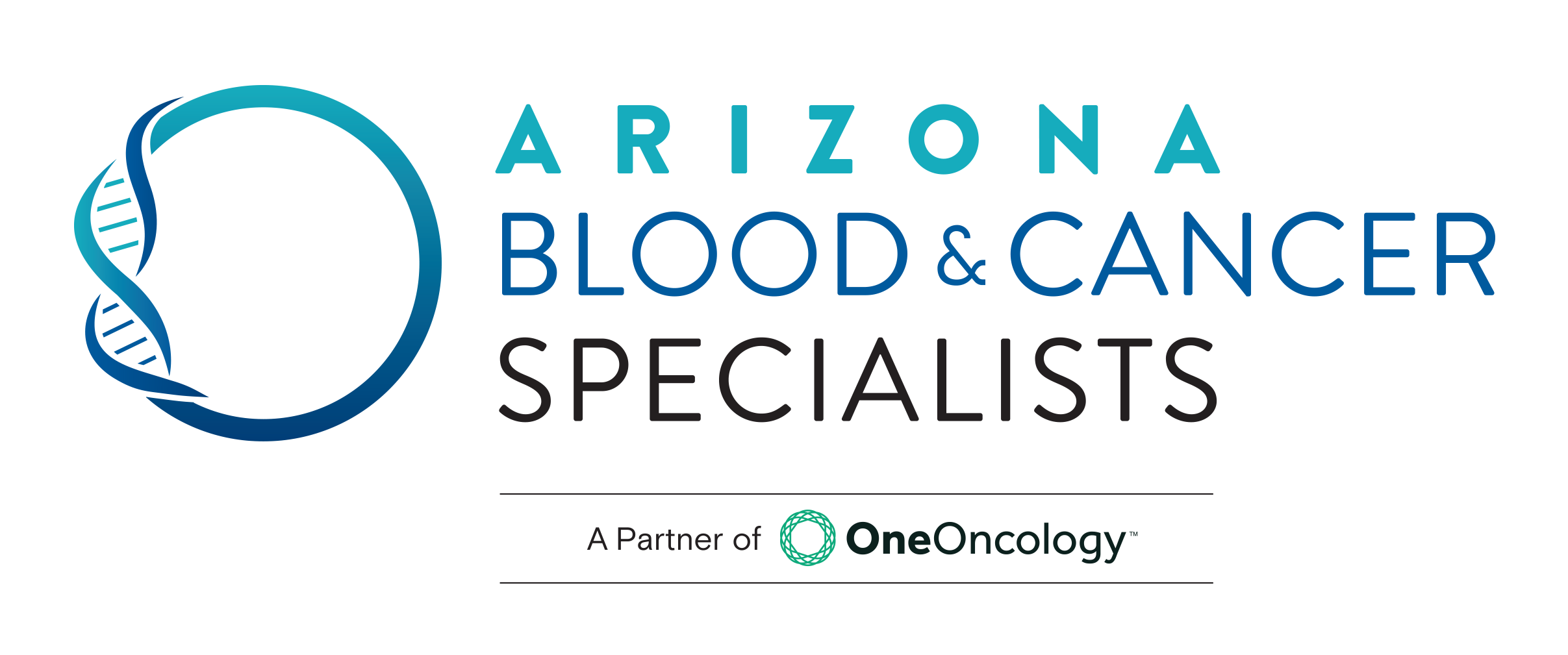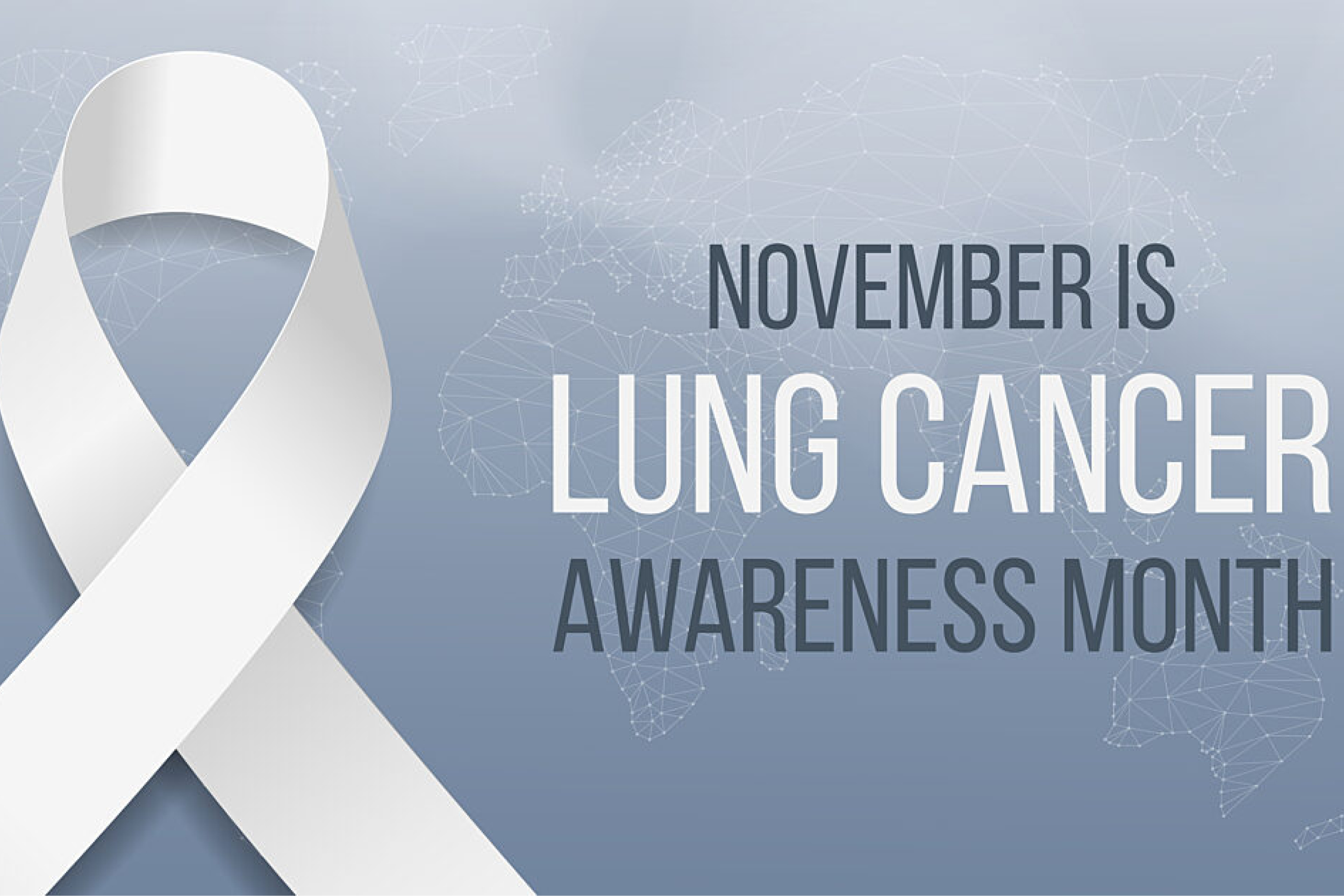Tips for Preventing Lung Cancer During Lung Cancer Awareness Month
November is Lung Cancer Awareness Month, a time to spread awareness and educate others about lung cancer. While not all lung cancers can be prevented, you can take steps to lower your risk.
Smoking:
Smoking is the leading cause of lung cancer, responsible for about 9 out of 10 cases. If you’re a smoker, quitting is the most effective way to lower your risk. Even if you’ve already quit, it’s important to inform your doctor to take steps toward prevention and early detection.
Secondhand Smoke:
Secondhand smoke is also dangerous and can cause lung cancer in non-smokers. If someone around you smokes, create smoke-free zones in your home and car to protect yourself and your family from exposure.
Radiation Exposure:
Radiation exposure, whether from past treatments or environmental factors like radon, can increase lung cancer risk. Radon, a naturally occurring gas, can seep into your home through cracks in the floor or foundation. Be proactive—get your home tested for radon, and if you've been exposed to radiation, inform your doctor.
Workplace Exposure:
Certain workplace chemicals, like asbestos, arsenic, and chromium, can elevate your risk for lung cancer. If you work around these substances, take precautions and discuss any potential exposure with your doctor.
While it’s impossible to completely eliminate the risk of lung cancer, understanding your risk factors and making healthy choices can go a long way in prevention. Taking action against your risk reduces your chances of developing lung cancer. Speak with your doctor about your risks and take proactive steps to protect your lungs this Lung Cancer Awareness Month.


